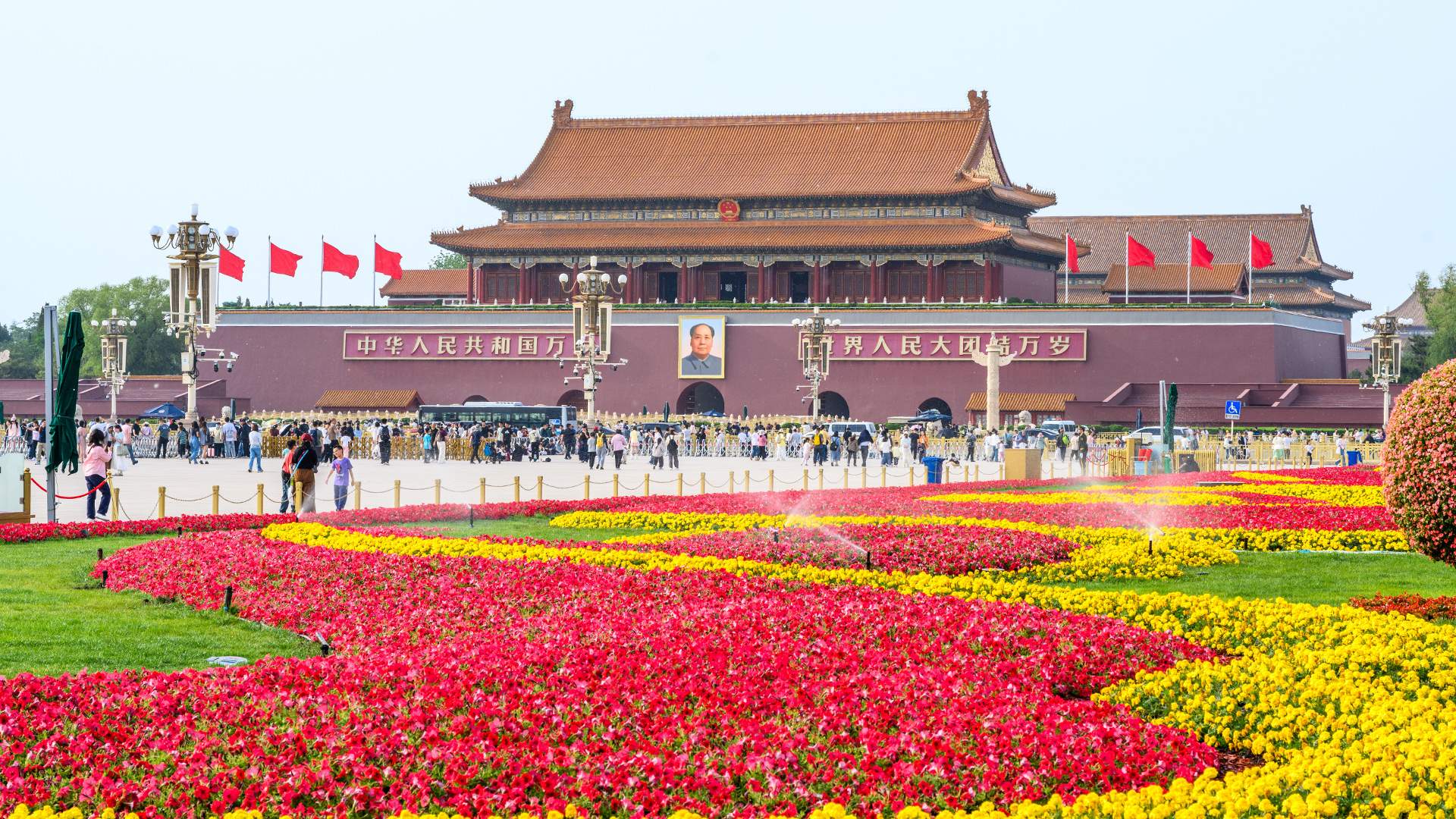- Статьи
- World
- Not the time, not the place: China's influence in the Middle East has been shaken after the American bombing of Iran
Not the time, not the place: China's influence in the Middle East has been shaken after the American bombing of Iran

China has strongly condemned the US strike on Iranian nuclear facilities. The Ministry of Foreign Affairs of the People's Republic of China believes that this violation of international law is fraught with serious consequences. Beijing is keen to protect its economic interests and billions of dollars in infrastructure investments, given that China accounts for about 90% of Iran's oil exports. However, Trump has undermined China's influence in the Middle East. Details can be found in the Izvestia article.
Strongly condemned
"China strongly condemns the US strike on Iran and nuclear facilities under the supervision of the IAEA," the Chinese Foreign Ministry said, adding that Washington's actions "seriously violate the purposes and principles of the UN Charter and international law, as well as exacerbate tensions in the Middle East."
The Ministry also called on both sides to "cease fire as soon as possible to ensure the safety of civilians and start a dialogue." In addition, the Chinese authorities stressed Beijing's readiness to "work with the international community to jointly defend justice and restore peace and stability in the Middle East."
According to China's permanent representative to the United Nations, Fu Cong, Iran suffered, "but the authority of the United States has also suffered, both as a country and as a participant in any international negotiations." He warned that the situation "could get out of control."
Chinese Foreign Ministry spokesman Guo Jiakun said that all Chinese citizens who were in Iran and wanted to leave the country had been evacuated to safe areas.
Block the strait
Meanwhile, the United States is urging China to convince Iran not to block the Strait of Hormuz. According to U.S. Secretary of State Marco Rubio, if Tehran takes such a step, it will be "another mistake" and "economic suicide." He added that this would lead to a "large-scale escalation" to which not only the United States, but also other countries would have to respond.
"I urge the Chinese government to call them about this, as they themselves are heavily dependent on the Strait of Hormuz for [transporting] their oil," he explained.
Iran, Iraq, Kuwait, Qatar, the United Arab Emirates, Bahrain, and Saudi Arabia supply gas and oil along this route. Over 30% of LNG and 15-20% of the world's oil, condensate and petroleum products pass through the strait.
Tehran is considering closing the Strait of Hormuz after the start of the Israeli military operation. On June 22, the country's parliament supported the closure of the waterway in response to the IDF attacks, Press TV reported. However, the final decision on this issue should be made by the Supreme National Security Council of Iran.
The Strait of Hormuz is recognized by most states of the world as a zone of international navigation, in which the UN Convention on the Law of the Sea guarantees safety. But neither the United States nor Iran has ratified this agreement.
In the current situation, China cannot enter into a military confrontation with the United States and Israel. He can only exert diplomatic pressure on them in the UN Security Council. At the same time, Beijing's economic interests are at stake.
China's influence in the Middle East has grown dramatically since it managed to diplomatically reconcile Iran with Saudi Arabia in 2023, but US actions are currently undermining China's prestige in the region.
What do the experts think
Vasily Kashin, director of the HSE Center for Comprehensive European and International Studies, told Izvestia that Iran is one of China's main oil suppliers.
— Tehran is a promising partner of Beijing in the field of energy. Cooperation between the two countries is also actively developing, including technological cooperation. It is possible that China may take steps to help Iran, but will not act directly. China has helped Pakistan create a powerful military—industrial complex, so Islamabad can be a transit for supplies, but no radical steps should be expected from Beijing, the Sinologist believes.
Elena Panina, director of the RUSSTRAT Institute for International Political and Economic Strategies, is confident that China will make every effort to prevent the fall of Iran.
"First of all, because Iran is an essential link in the new global axis of confrontation with the global West, which should never be lost. It was also "fortunate and self-evident" that a direct railway line between Iran and China was opened just now. Military and other cargoes have already gone, and their flow will only increase," the expert noted.
Alexey Maslov, director of the Institute of Asian and African Studies at Moscow State University, believes that China and Iran have "very long-standing and delicate relations."
"Even in very difficult years for Iran, China bought Iranian oil and supported the Iranian economy in many ways. There is a lot of information that China and Iran have been developing a number of joint technological programs, ranging from Iranian cars to microprocessors," the political scientist believes.
According to him, China has always supported Iran "as a point of influence in the Middle East."
"If the Iranian regime starts to wobble now and there are huge losses, then China will have to make a very difficult choice," the expert is sure.
Переведено сервисом «Яндекс Переводчик»
